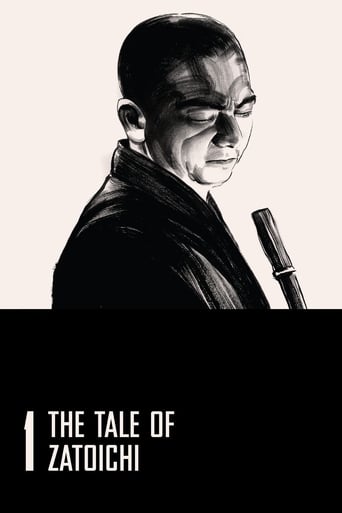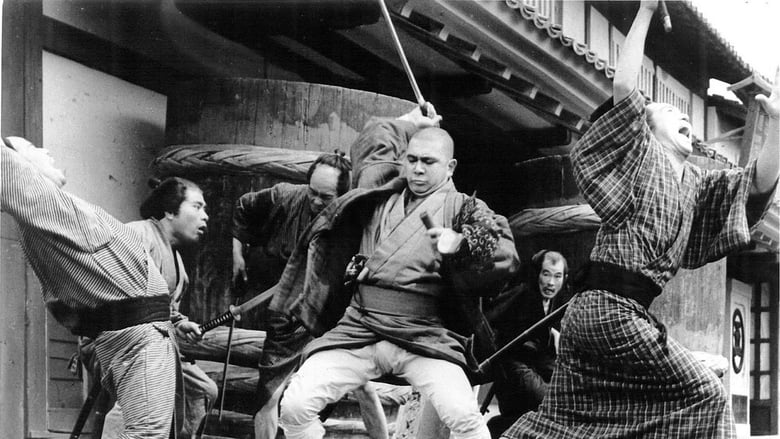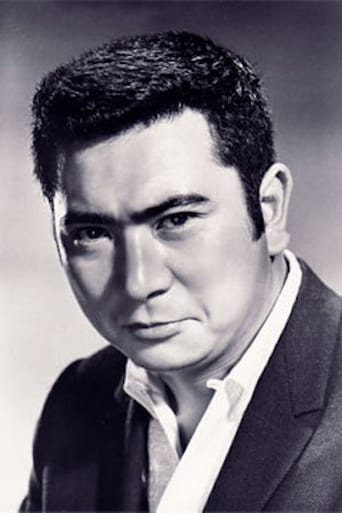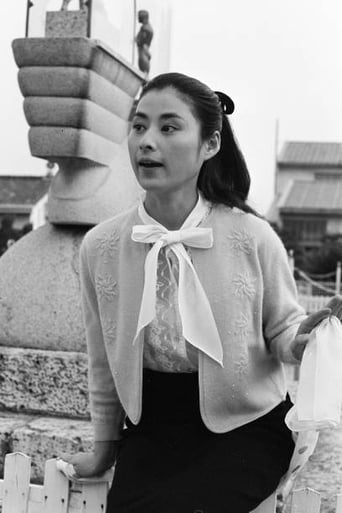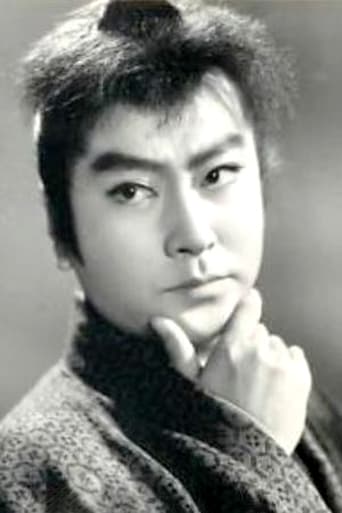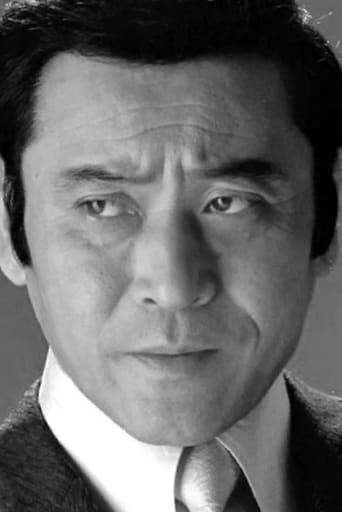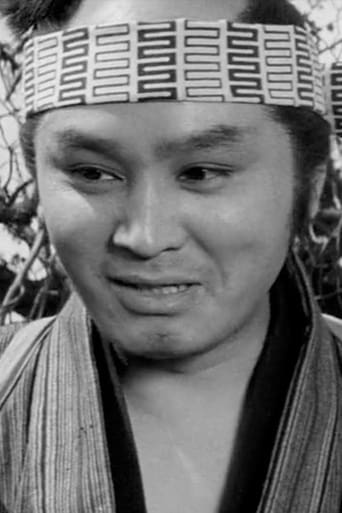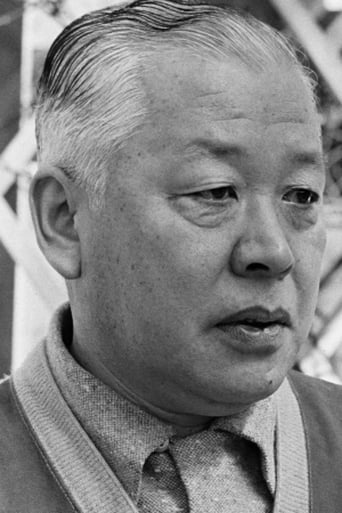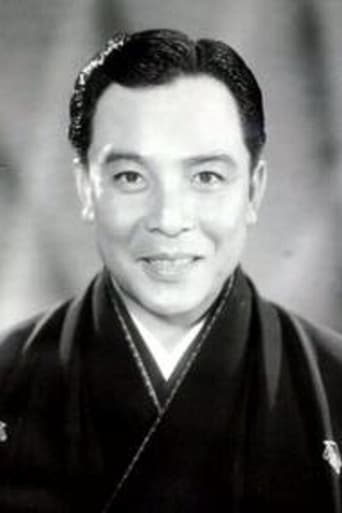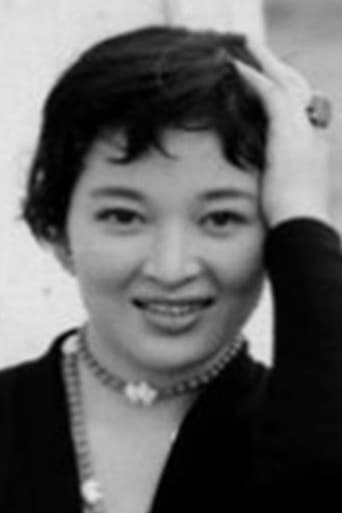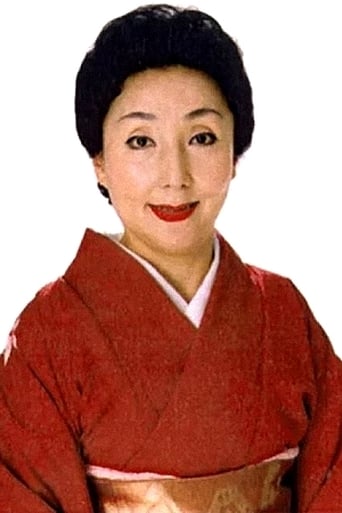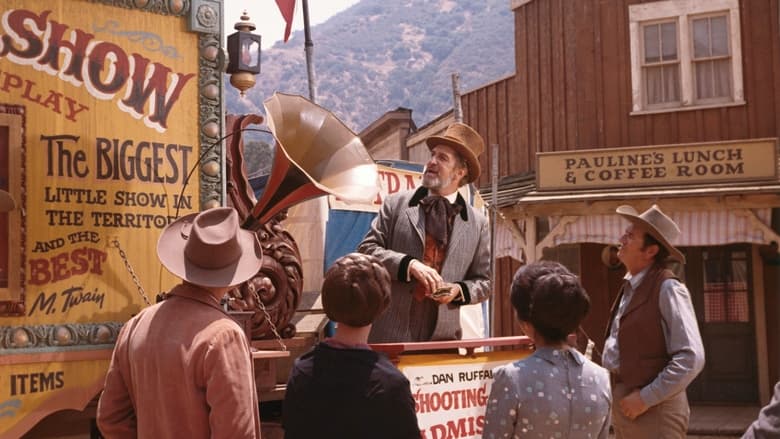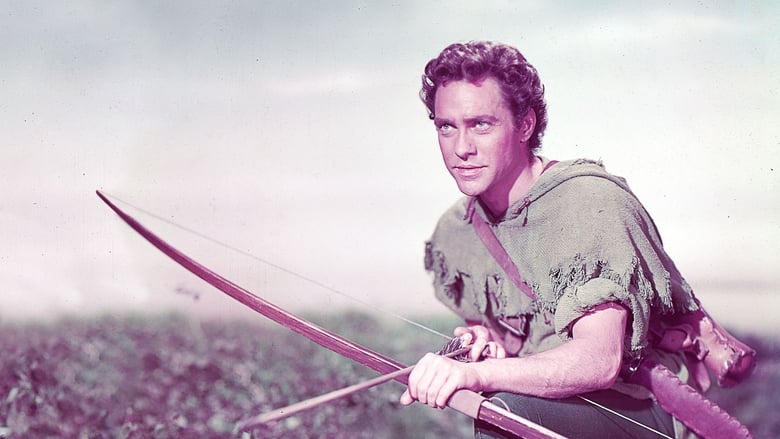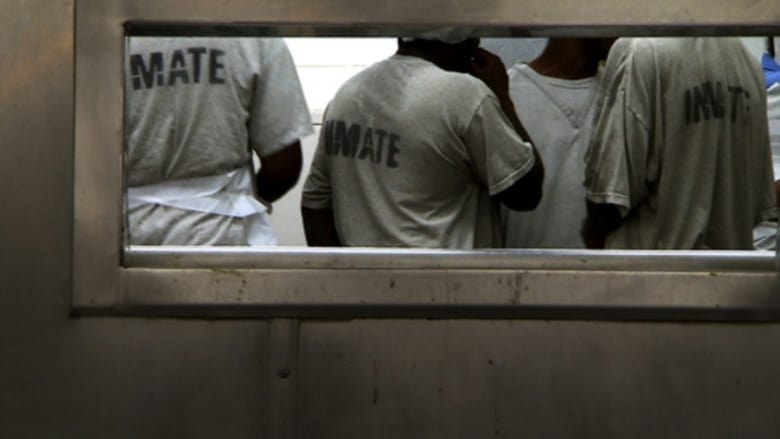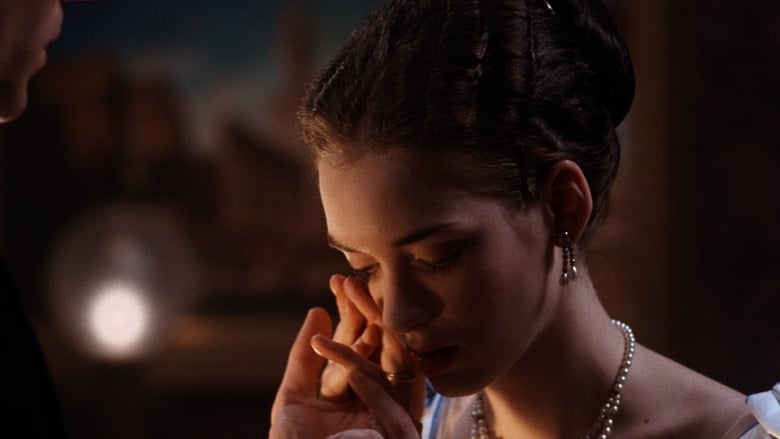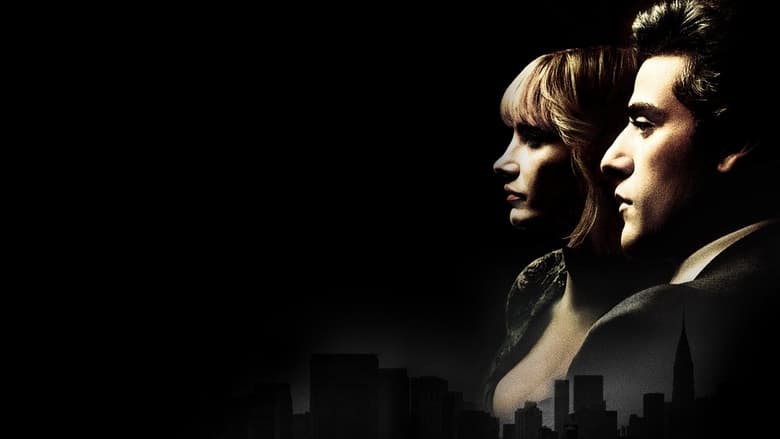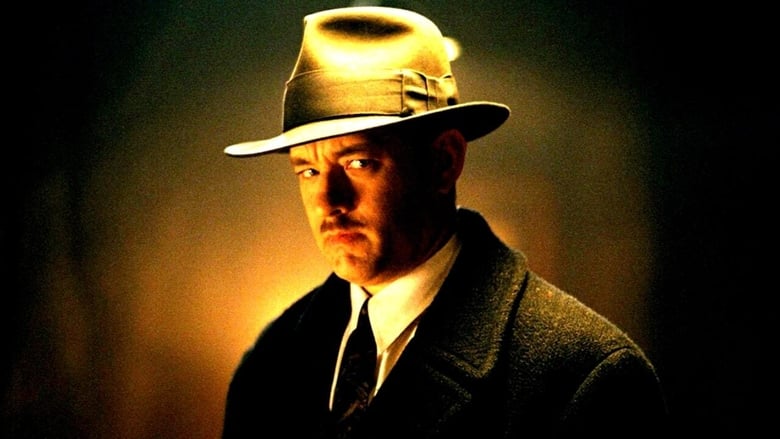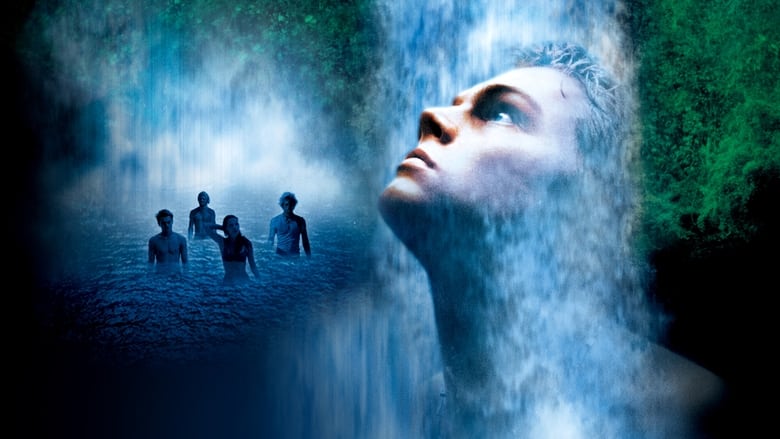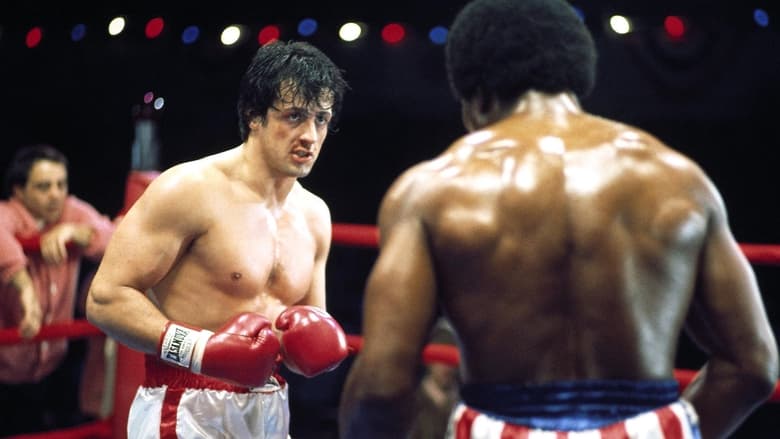The adventures of a blind, gambling masseur and master swordsman. Zatoichi targets a yakuza-controlled village, because war with a neighbouring town's smaller gang is brewing.


Similar titles
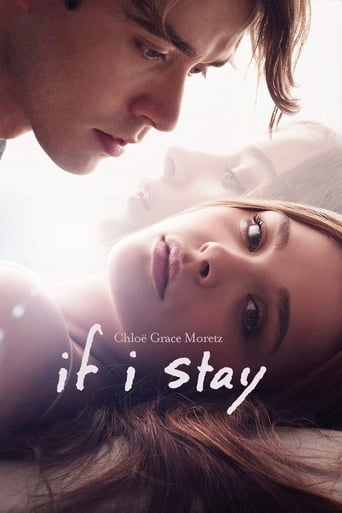
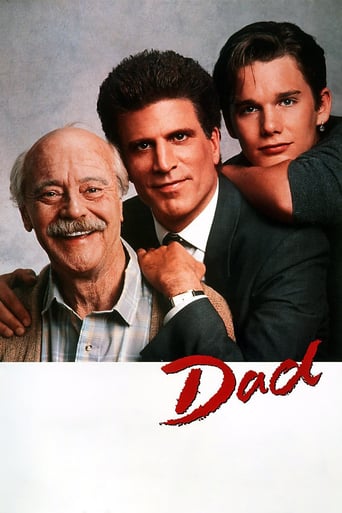
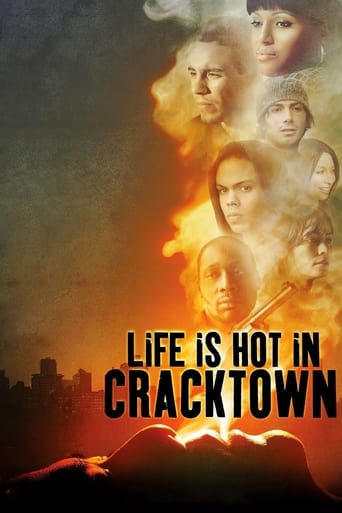
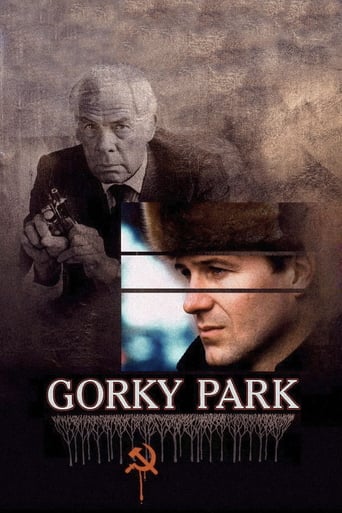
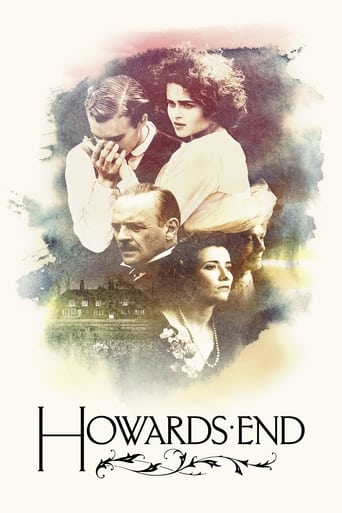
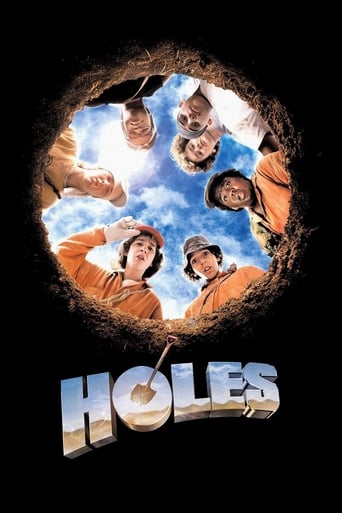
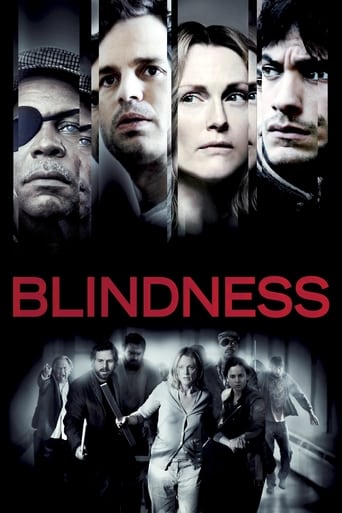
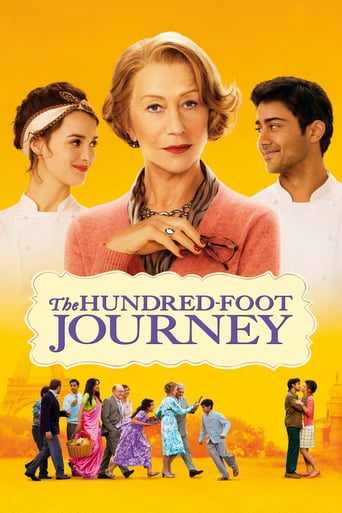
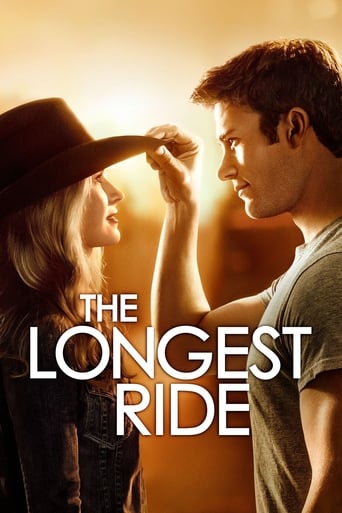
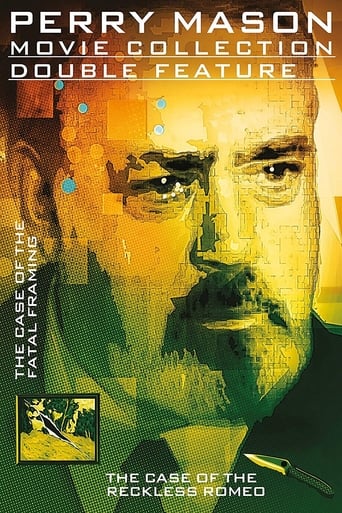
Reviews
One thing about the masterless, lonely samurai figures is all about placing a godlike figure, mysterious and, I would say, largely unsurprisingly surprising in the context of the film. They are nigh-invincible, often slandered, yes, but the dramatic force of the film comes from our samurai hero (or antihero, whichever label you want to attach to whichever character) being in an underdog position we know to be false. The other characters should know better nut they don't, and we get immense gratification in the moment when the samurai reveals his true strength.I started watching the Zatoichi films at a time I had just rediscovered Kurosawa's contemporary smash hits, the utterly gorgeous, ambitious, amazing "Yojimbo" (1961) and "Sanjuro" (1962), its so-called sequel (more like a parallel film in my mind) that was actually released the same year as the first Zatoichi film. So, for me, I think these films will always be embedded not only next to each other but they also overlap, and I don't think it's a bad thing, since not only are the Kurosawa films absolutely brilliant, but so is this. I mean what a hoot! Ninety minutes full of great filmmaking, not only concerning the action sequences and fights but much more to do with the buildup and the anticipation that leads to the action. And while I have heard some criticism about this lack of immediate action in the film I believe it is a wonderful way to introduce the character to us, indeed as a blind masseur. This "procrastination" to show Zatoichi in his full force in turn forces us to take all the information we can get of his skill second-hand instead of seeing for ourselves. We are thus forced to rely on the reports of a rather greedy and unsympathetic person. This goes on for a long time and it's wonderfully executed. It makes Ichi's character function a lot better. Similarly we have Mifune's character in "Yojimbo" and "Sanjuro" who was very much disconnected from the political and social problems that needed to be resolved. He's most certainly an outsider, in so many ways such a godlike figure that it's necessary to allow us to doubt him for a while, and he's really fleshed out as a character during the first hour, during which he has definitely won us over, barely unsheathing his sword.When the action comes, it's blindingly fast, furious but not brutely so, much more akin to a dance. Just the way I think it should be. The 360-degree shot in the midst of battle is fabulous.I don't think there could be a more promising start to a film series as this.
Zatoichi (Shintaro Katsu) is a blind masseuse (masseuse was a traditional occupation for the blind in Japan) who took up sword fighting to gain more respect ("Zato" is actually a title--"Ichi" was his name; "Zato" was the lowest title in the traditional guild for the blind). He quickly mastered the art--far surpassing the average sword fighter and even the average samurai--as he seems to have a sixth sense. This film has Zatoichi visiting Sukegoro (Eijiro Yanagi) of Iioka, to "cash in" on some owed hospitality. He begins by slightly conning Sukegoro's gang in a gambling game involving dice. Shortly afterward, he learns that Sukegoro's gang is about to enter a war with Shigezo's (Ryuzo Shimada) rival Sasagawa gang. Shigezo has enlisted the services of Hirate (Shigeru Amachi), a famed samurai. Will Zatoichi help Sukegoro win his battle? This is the first in a series of 26 Zatoichi films (and a television series that ran for four seasons in the 1970s), all starring Katsu in the title role. Remarkably, 25 of the Zatoichi films were made in little more than a ten-year period. This first film was based on a short story by Kan Shimozawa.I haven't seen most of the Zatoichi films yet, and I hadn't seen any of them for a long time, so it's difficult for me to compare Zatoichi 1 with the rest of the series, but I was slightly disappointed with this film. It's a bit too much in the realm of realist drama for my tastes, and as such, moves at a slow clip. There are no big fight scenes until the last 20 minutes or so, and those aren't filmed, directed or choreographed very spectacularly. But the black and white cinematography (which only lasted for one more Zatoichi film) is frequently arresting and the dramatic material does present some intriguing situations, many concerned with various shades of ethical grayness. If you're in the market for an Asian "art-house" drama with a slight martial arts edge, Zatoichi 1 may be just the film for you. If you're looking for something more visceral, or for exciting action, it would probably be safe and wiser to start later in the series.The visual style caught my attention more often than any other aspect of Zatoichi. Director Kenji Misumi, who went on to do five more Zatoichi films after this one, has cinematographer Chishi Makiura shoot in a stark black and white that has a strong, even exaggerated film noirish edge. The whites can be almost blinding and the darks are pitch black. There are a lot of shadows. Much of the film takes place at night and indoors. It's an attractive way to use the minimal sets. The scenes set in different environments are pleasant in their contrast. A scene at a lakeside begins with a Zen Art-styled water through branches shot. The big fight scene near the end has some interesting lake shots and even better village labyrinth shots. The climactic Western (the genre)-like showdown on a bridge is also nicely staged and photographed.The story, using a script by Minoru Inuzuka, focuses on interesting character arcs for the two principals--Zatoichi and Hirate. Especially Zatoichi has a questionable morality when the film begins, but both gradually come to be more concerned with being honorable, just and unselfish by the film's end. This is in contrast to the characters embroiled in romantic relationship dilemmas--Otane (Masayo Banri), Tatekichi (Michio Minami) and Seisuke (Manabu Morita), and even the gang bosses, Shigezo and Sukegoro, who all have little to no character development arc, although Otane is already ethically good (per the conventional wisdom) at the beginning of the film.But Zatoichi and Hirate are initially set against each other as surrogate representatives of warring "families", in what amounts to a yakuza/samurai version of Romeo & Juliet (and by extension West Side Story, 1961). Of course there is no romantic angle between Zatoichi and Hirate, but there is a deep respect and a bonding through a brotherly love that eventually triumphs in its own way over "turf wars". There is an expected end to their relationship, but the appearance of this development (most significantly to the gang bosses) is quite different than what is actually going on between the two of them. The romantic angle is covered instead by Zatoichi's relationship with Otane, which has the appropriate air of being forbidden to cover the Romeo and Juliet/West Side Story analogy, and which also ends up being defined by an intriguing selflessness that rarely rears its head in western (the culture) films.Zatoichi is a fascinating character. Katsu doesn't have a typical martial arts or action star look--already in this film, he appears to be middle aged (beyond his actual age of 30 at the time of shooting) and a bit chubby. His "sixth sense" abilities and cunningness verge on the magical, as do his swordsmanship skills. The character isn't nearly as well explored here as he could be, but given that there were 25 more films to come (and a recent remake with a new Zatoichi), I suppose it's more excusable.It doesn't help that it takes awhile to get up to speed on the relatively large cast of characters with sometimes complex relationships to one another (especially if you're like me and you have trouble remembering character names as well as trouble remembering who is who when characters have similar looks), but once you figure out that it's a kind of West Side Story, it's easy enough to get the gist of events unfolding.
A tale of warring townships and two strong characters who cant help but being pawns in a horrible game of carnage. Set in rural Japan in feudal times the setting is beautiful.Too bad the camera works don't quite follow up. The scope is 70mm (or close to it), but I could settle with less if the cameraman (I suspect they didn't have one) didn't cut off the heads all the time. The use of zoom-lens sometimes works and sometimes don't. One time zooming in on Tane-san for instance was very dramatic. Intense was also the battle scenes. Very good.Zatoichi is a good character and the actor playing him is fitting. The story is good and makes for an intriguing film despite some flaws. In all respects I think its inferior to Sanjuro though.This is my first Zatoichi and I will check out other entries in the series for sure (at least the Kitano "Zatoichi" from 2003 is easy to get hold on).
may be some spoilers... one year after yojimbo was released, comes the first installment of zatoichi, the film series. i'm pretty sure this started as a television series in japan, and became hugely popular at some point...i can see why. this story is fairly similar to yojimbo - a wandering stranger (zatoichi, the blind samurai) who works for one of two warring gangs. there are other, smaller similarities that i won't bother to list. since it's so easy to compare the two films (especially given the relative paucity of Japanese samurai films i [and most] have seen) i'll first talk about the relative shortcomings of zatoichi. the score is good, but yojimbo's score is great. the direction in zatoichi is pretty good, whereas kurosawa's direction in yojimbo is almost unparalleled. the cinematography in both films is strong. the acting in yojimbo is amazing - from the smallest role all the way up to the title character, whereas zatoichi has solid acting, but nothing spectacular. in other words, yojimbo is a better film in just about every conceivable way. that said, zatoichi is a great film. its opening sequence serves as a great hook storywise and characterwise. i suppose that by now most Japanese filmgoers would have had some interaction with zatoichi through the TV series, but the filmmakers wisely dedicated some time to getting to know the title character. i think the strongest aspect of this film was the relationship that was built between zatoichi and his adversary. they have a great deal of respect and admiration for each other, at one point zatoichi even gives his adversary a massage while they discuss swordsmanship. a common theme in asian cinema is the "herofication" of traditionally weak individuals - women, blind people, one-armed people, etc. zatoichi, the blind swordsman, is another in this tradition. i'll just say that it's a good film and you should give it a try if you liked yojimbo or sanjuro. B+.
